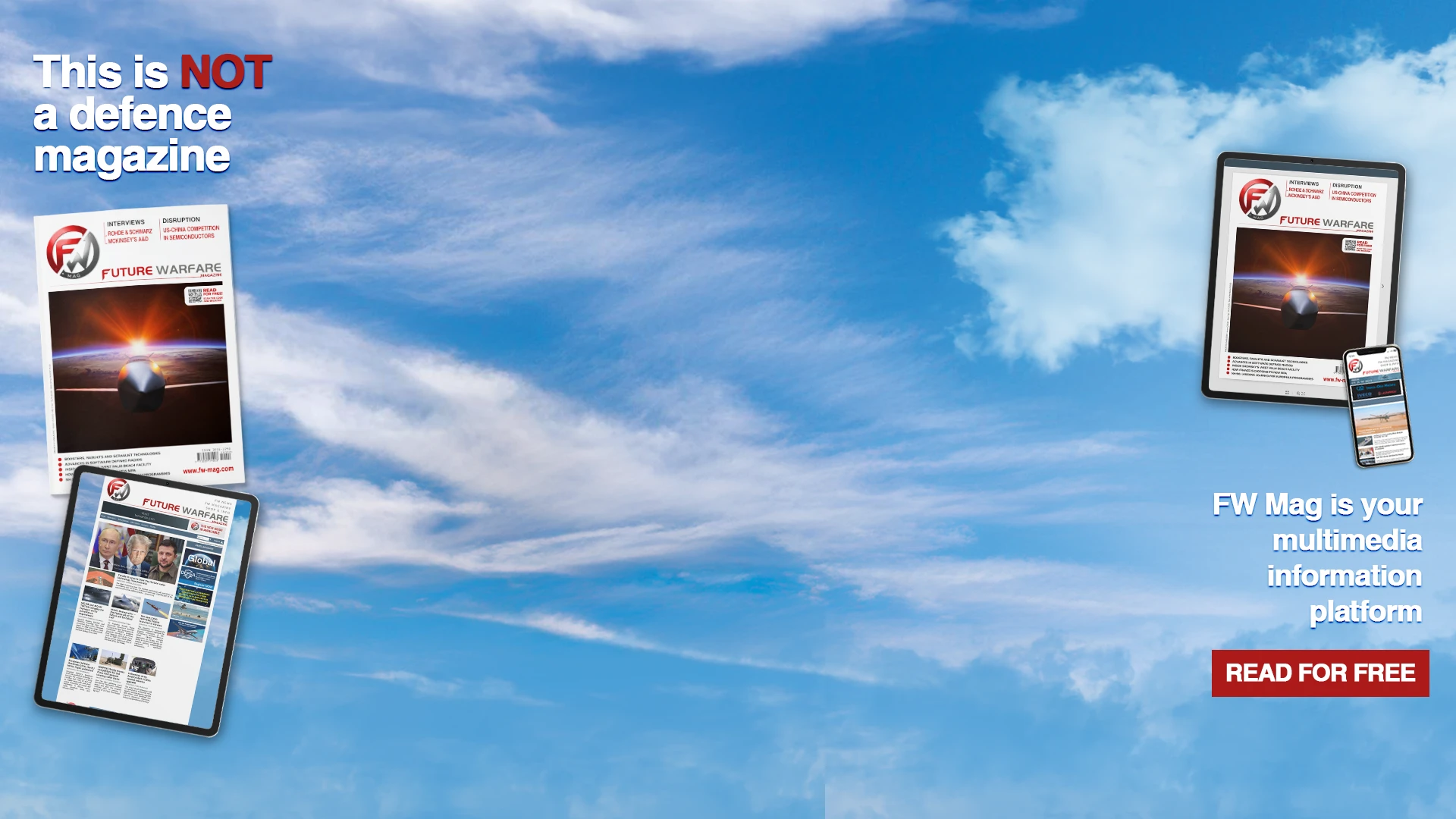
A new Franco-German alliance between Arquus and Daimler Truck signals a decisive move to co-develop, build and sustain a future family of wheeled military vehicles on both sides of the Rhine, with production remaining at Arquus’ Garchizy and Limoges plants and Daimler’s Wörth-am-Rhein and Molsheim sites. Beyond the symbolism, the deal is calibrated to answer an urgent French Army requirement, leverage complementary industrial strengths and extend Daimler’s proven mobility technologies to a new generation of armoured trucks.
Arquus, recently integrated into the John Cockerill group, remains a reference supplier for wheeled combat vehicles but its past 2023 turnover fell slightly below the €600 million threshold set by the French procurement agency DGA for prime contractors on the forthcoming Flotte Tactique et Logistique Terrestre (FTLT) programme (i.e. a €600 million turnover in the last 3 years). Joining forces with Daimler Truck, a €54 billion heavyweight, instantly meets that financial gate and adds the annual capacity (up to 1,000 vehicles) that the DGA is demanding.
For Daimler, whose military business is concentrated in its Mercedes-Benz Special Trucks division, the tie-up opens access to Paris’ long-term rearmament plan and anchors additional work in its French factory at Molsheim, safeguarding jobs while strengthening Franco-German industrial interdependence - a political priority since the near-collapse of the MGCS project.
Although neither company has detailed the catalogue, the contours are emerging. Sources in Paris expect a bid built around Daimler’s ZETROS and UNIMOG chassis families - already certified for air transport and combat-proven in export markets - married to Arquus-designed protected cabs and mission systems such as the HORNET remote-weapon station.
At the lighter end, a 4×4 or 6×6 platform derived from the UNIMOG U4000 could provide a 4- to 6-tonne payload truck able to navigate France’s dispersed combat zones while accepting modular shelters or flatbeds. For heavier loads, a ZETROS 2036A or 3351AS in 4×4 and 6×6 configurations offer 16- to 40-tonne gross weights, 1.2-metre fording and tyre-pressure control, all attributes explicitly called for in the French specification. Arquus is likely to add mine and ballistic protection up to STANAG 4569 Level 2, a level already achieved on its new-generation fuel tankers.
Because both base vehicles use Daimler’s OM460 engines, Arquus can standardise spare parts across multiple weight classes, simplifying through-life support. The companies also highlight digital fleet-management tools and common driver-training packages to trim operating costs, another DGA priority as France shifts to lifecycle contracting.
Answering France’s 7,000-truck modernisation drive
Paris plans to replace its ageing GBC 180, TRM 10000 and other legacy fleets through the FTLT programme, a multi-increment competition covering up to 7,000 protected and unprotected logistics trucks between now and 2035. The first tranche, worth about €75 million in 2025 authorisations, seeks a 4- to 6-tonne carrier able to transport weapons systems and “ponderous resources” in high-intensity scenarios. Later increments will add tank transporters, bridgelayers and specialist variants.
Arquus has already secured the initial 70 CCNG armoured tanker trucks, demonstrating that French policy does not exclude foreign drivetrains so long as final assembly and added value stay in France. The new consortium therefore arrives with a precedent and a compelling argument: Arquus delivers sovereign integration and in-country support, Daimler brings world-class truck architecture, and together they can ramp up production faster than any rival.
Daimler Truck enters the venture with decades of experience in extreme-off-road mobility. The bonneted ZETROS keeps the cab behind the front axle, reducing vibration and easing maintenance because the engine can be serviced without tilting the crew compartment. Portal axles, multiple differential locks and an optional central tyre-inflation system give the truck a climbing ability of up to 100 percent and fording depths of 0.8 to 1.2 metres, capabilities already validated in NATO operations from Afghanistan to the Sahel.
The UNIMOG, meanwhile, combines compact dimensions with 30-degree axle articulation and a torsion-free frame, allowing heavy shelters or cranes to be mounted without compromising off-road agility. Both families are certified to run on NATO F-34 fuel and have been dimensioned for C-130 or A-400M air transport, matching French expeditionary doctrine.
Beyond hardware, Daimler offers industrialised digital twins that monitor engine health, tyre wear and gearbox loads in real time. When integrated into Arquus’ HUMS (Health and Usage Monitoring System) this data may feed predictive maintenance algorithms, extending vehicle availability - an Achilles heel exposed during past exercises, where the French Army’s legacy trucks struggled to sustain high-tempo manoeuvre.
The Arquus-Daimler alliance is more than a convenient commercial pairing. If the partners can translate their memorandum into a competitive FTLT bid, France could field a truly modular, export-ready logistics fleet assembled on its own soil yet powered by German engineering. Success would not only rejuvenate the French Army’s logistics backbone but also demonstrate that Paris and Berlin can still co-create tangible military capability despite the political headwinds buffeting larger programmes. In the high-stakes race to supply Europe’s armed forces, mobility may well begin at home but, increasingly, it rolls on wheels forged in partnership.








